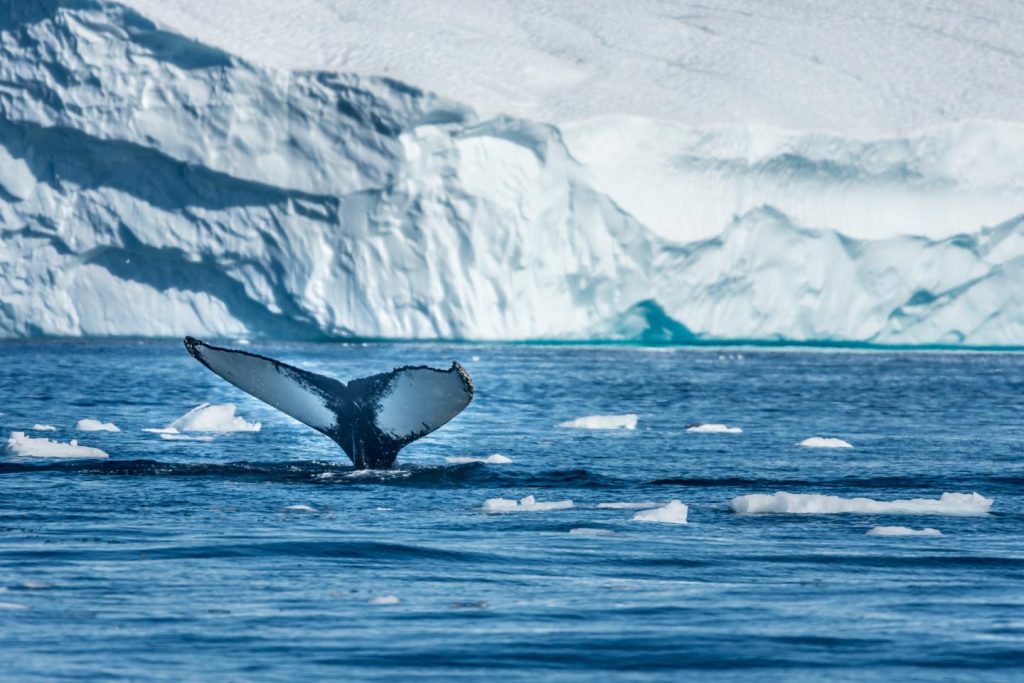In a sign that this year could once again set records for loss in Greenland ice, researchers have found that the island’s ice sheet lost more than two gigatonnes (a gigaton is equal to one billion tonnes) of ice in just a day this week due to a widespread melting event.
“Yesterday (13th June), we calculate #Greenland #icesheet lost more than 2 Gt of ice, melt was widespread but didn’t quite get to #SummitCamp which was just below 0 degree C. The high melt is unusual so early in the season but not unprecedented,” said the Greenland Twitter handle of the Arctic monitoring web-site Polar Portal of the Danish Arctic research institution.
The researchers found that the Greenland melt event was due to an atmospheric circulation in the Arctic and North Atlantic.
The sudden spike in melting on June 13 this year is comparable to some spikes seen seven years ago, Thomas Mote, a research scientist at the University of Georgia who studies Greenland’s climate, told CNN.
Melt off early in the season makes it easier for further ice loss later in the season, the researcher said.
The Greenland melt season started very early this season – on April 30, which is the second earliest in a record that stretches back to 1980, according to scientists from the Danish Meteorological Institute.
“On average, the melt season starts around May 26, so we are almost a full month earlier this year” scientist Peter Langen said in a statement released by Polar Portal.
This year’s start of April 30 is second only to 2016, when a very unusual weather pattern caused a very early start to the melt season in mid-April.
Number three on the list is May 2, 2010 when a similar weather pattern also caused early melt onset closely followed by May 7 in 2017. The top four have all occurred within the last 10 years.
One reason why melting has spiked this year is that Greenland experienced a dry and cold winter.
“Through most of the winter, the majority of the ice sheet has been unusually dry, which sets it up for enhanced melting – if the right weather conditions occur – in the summer this year,” scientist Ruth Mottram was quoted as saying.
The Polar Portal is a collaboration between DMI, Geological Survey of Denmark and Greenland (GEUS) and Technical University of Denmark (DTU) under the Danish Ministry for Energy, Utilities and Climate.
(IANS)
